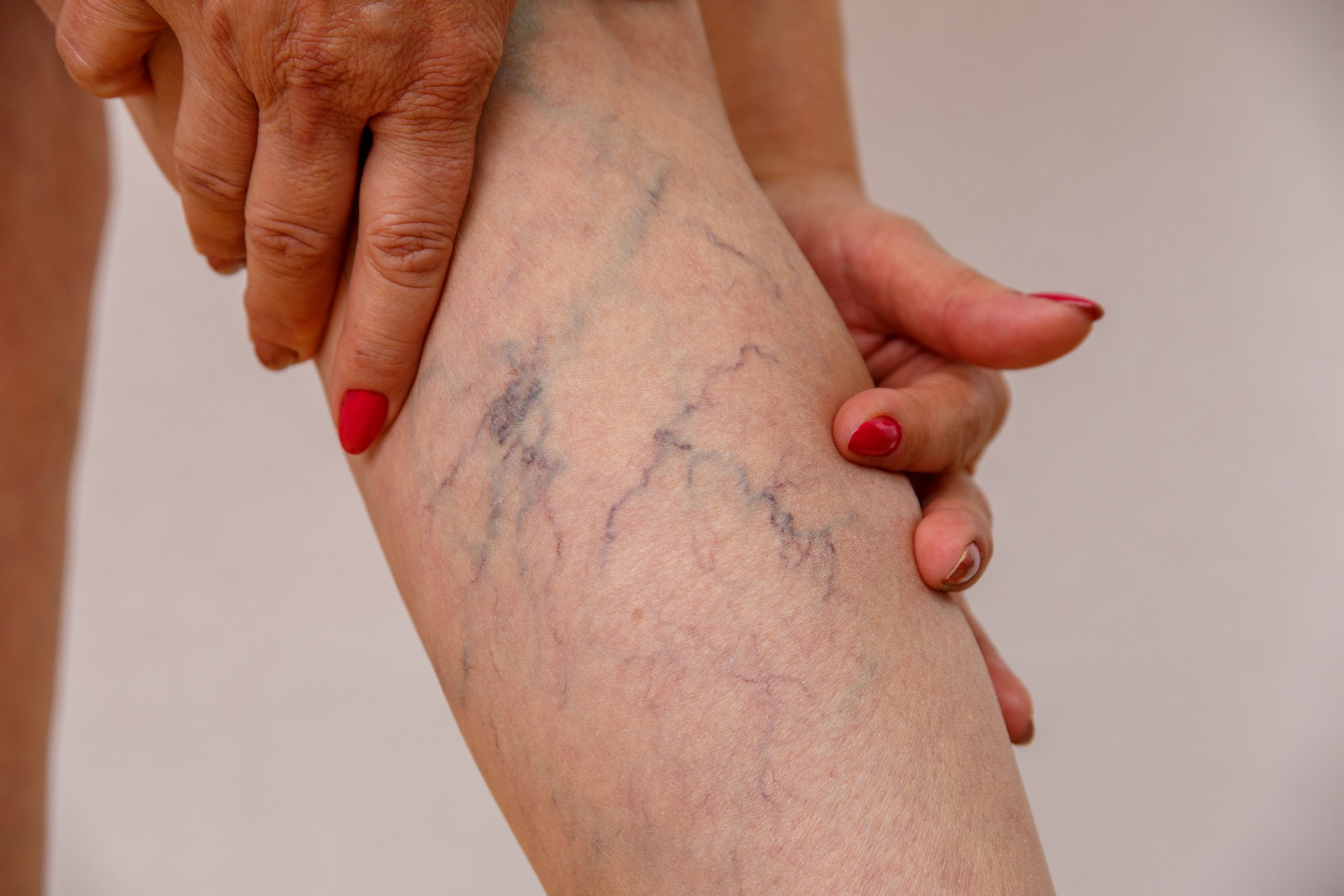When To Seek Medical Advice From A Vascular Specialist
In the intricate web of human anatomy, our vascular system plays a crucial role in maintaining overall health. Veins, an integral component of this system, facilitate the vital task of returning deoxygenated blood to the heart. While most vascular issues can be managed through general health practices, there are situations that demand the expertise of a vascular specialist. This article delves into the circumstances under which seeking medical advice from a vascular doctor is imperative, shedding light on the realm of vascular health and addressing common queries such as "when to see a vascular doctor" and "what kind of doctor treats veins."
Understanding Vascular Health
The vascular system, encompassing arteries, veins, and capillaries, is responsible for the distribution of oxygen and nutrients throughout the body. Veins, in particular, carry blood back to the heart for oxygenation. Maintaining vascular health is crucial for optimal bodily functions. Regular exercise, a balanced diet, and proper hydration are fundamental practices that promote healthy veins. However, there are instances when these general measures fall short in addressing specific concerns.

When To Seek Medical Advice
Persistent Leg Pain and Swelling: If you experience persistent leg pain accompanied by swelling, it could be indicative of an underlying venous issue. Conditions such as deep vein thrombosis (DVT) or chronic venous insufficiency (CVI) may be at play. Consulting a vascular specialist is essential for accurate diagnosis and timely treatment.
Varicose and Spider Veins: The emergence of varicose or spider veins can be more than just a cosmetic concern. These veins might signify compromised blood flow and weakened vessel walls. Seeking a vascular doctor's opinion can help determine the most suitable interventions.
Non-Healing Ulcers: Venous ulcers, characterized by slow-healing wounds, often develop due to poor circulation. These ulcers can be painful and significantly impact one's quality of life. A vascular specialist can address the root cause and devise an effective treatment plan.
Changes in Skin Color and Texture: Noticeable changes in the color and texture of the skin around your ankles and legs could point towards vascular issues. These changes might include darkening, thinning, or inflammation. Seeking prompt medical attention is crucial to prevent potential complications.
Shortness of Breath and Chest Pain: While most associate vascular problems with the legs, issues can also arise in other areas. Shortness of breath and chest pain could indicate a pulmonary embolism—a serious condition where a blood clot travels to the lungs. Consulting a vascular specialist is vital in such cases.

Choosing The Right Specialist
The realm of vascular health is multifaceted, and seeking appropriate medical care is paramount. Vascular specialists, also known as vascular surgeons or phlebologists, are medical professionals who specialize in diagnosing and treating disorders of the vascular system. These specialists undergo rigorous training to address a wide array of vascular concerns, ranging from minimally invasive procedures to surgical interventions.
Conclusion
Our vascular system is a complex network that warrants careful attention and care. While general health practices contribute to vascular well-being, certain circumstances necessitate the expertise of a vascular specialist. Persistent leg pain, varicose veins, non-healing ulcers, skin changes, and respiratory symptoms are all indicators that should prompt a visit to a vascular doctor. Choosing the right specialist ensures accurate diagnosis and tailored treatment plans, optimizing your vascular health and overall well-being. Remember, proactive management of vascular concerns can pave the way for a healthier and more vibrant life.
Comments
Post a Comment